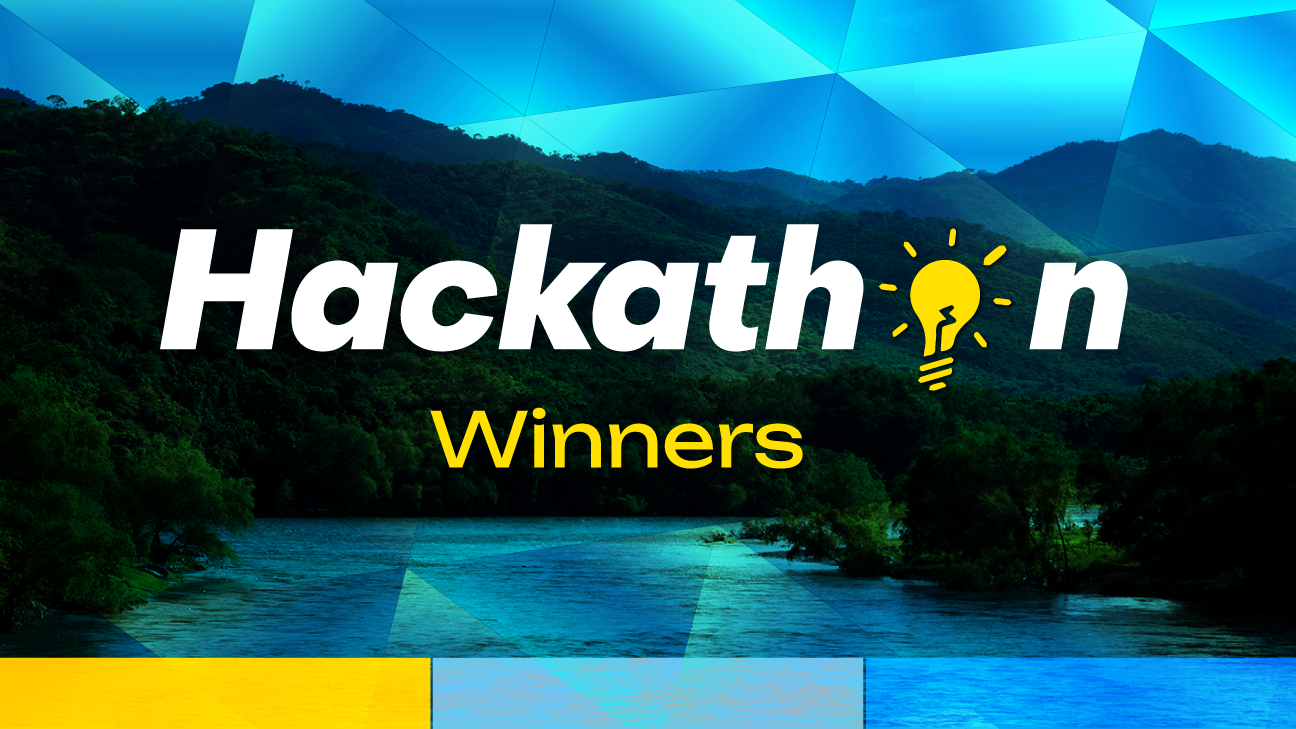News
- Jenny Flores
Academia Copernicus Guatemala Hackathon Winners

With high environmental impact technological proposals, three teams secured the top positions in the Hackathon “Tracing the Source: Satellite Innovation in Identifying Pollutant Sources in the Motagua River Basin” , an initiative organized by Academia Copernicus Guatemala, led by the National Secretariat of Science, Technology, and Innovation (SENACYT) of Guatemala and the University of the Valley of Guatemala, with the participation of the European program Copernicus, and supported by RedCLARA within the framework of the BELLA II program.
WaterWay+, Team 14, took first place with an application already being implemented in Guatemalan municipalities. The tool uses Copernicus satellite data to display key water-quality indicators in real time on an interactive map—designed to empower citizens and facilitate collective action against river pollution.
Second place went to Termómetro Ambiental Ribereño, Team 8, a web platform that combines artificial intelligence with Copernicus imagery to detect human constructions in riparian zones, calculate urban density, and generate visual alerts. Its predictive approach empowers local governments and communities to foresee environmental impacts in advance.
Ixim_Tech, Team 9, earned third place with a solution that integrates satellite monitoring of water turbidity and the normalized difference vegetation index (NDVI), allowing for a comprehensive environmental assessment of the Motagua basin.
Next week, all three winning teams will present their developments to European and Latin American investors at Foro Motagua, organized by the EU Delegation in Guatemala. The goal is to create opportunities to scale and implement these solutions more widely.
The hackathon—running from May 5 for three weeks—challenged participants to address issues such as industrial discharges, agricultural runoff, and plastic waste, using geospatial tools to design viable, accessible, and replicable solutions.
“Beyond the technical results, this hackathon delivers a clear lesson: Earth observation is not just a tool for science but an engine for sustainable development when placed in the hands of a country’s promising young talents committed to their environment. These efforts must continue to be supported. It’s an honor to have been part of it,” said Claudia Barillas, representative of the European Union in Guatemala.




